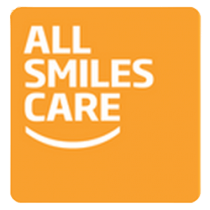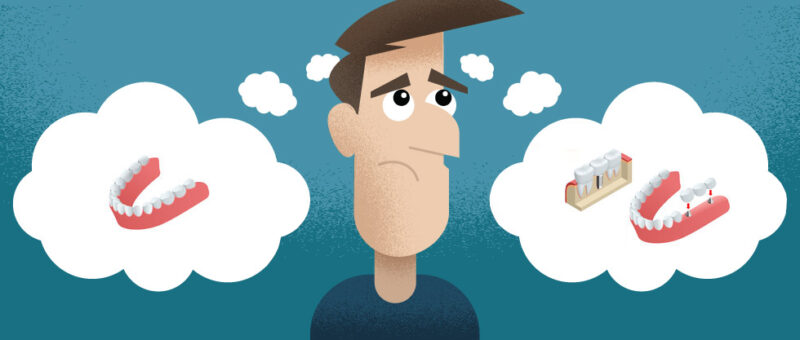There are several components to choosing the right toothbrush for you. There is no special brand or correct brush that will work miracles in your mouth, but there are a couple of factors to consider when shopping to replace your brush.
Size
Your toothbrush should be able to reach even the most narrow spaces in your mouth, so make sure the brush is not too big. Smaller headed brushes are preferred so that you can get the hard-to-reach areas. Be sure to purchase a child’s toothbrush for your kids so they are able to properly brush and reach their molars.
Hardness
Dental health professionals generally recommend a medium soft brush. Softer brushes may not get rid of all the plaque in your mouth, however a harder brush may cause receding gum lines. If you have very sensitive gums, choose a softer brush. Experiment with a food that really sticks to your teeth as plaque would (oreo cookies, cornflakes, etc.) and be sure your brush is up to the task. If it is difficult to brush, choose a firmer bristle.
Other common toothbrush questions:
Is an electric toothbrush better than a regular toothbrush?
It is more of a preference thing. They are not proven to be better or worse as far as performance, but some people may prefer them due to limited mobility in the shoulders or wrist, or if they provide more of a motivation to brush. Others may prefer a manual brush because they don’t like the sensation of the electric toothbrush.If you tend to brush too hard, an electric brush may be a better choice because you are less likely to be rough on your gums.
When should I replace my toothbrush?
You probably receive a new toothbrush at your dental visits every six months, however you should replace your brush every three months, or whenever it begins showing signs of wear. Some brushes have special indicators to show signs of wear. Keep in mind to replace your brush after any type of sickness, because the germs can remain in the bristles and could cause reinfection.
Where should I store my toothbrush?
Most people store their toothbrushes in the bathroom, but be sure your brush is as far away as possible from the toilet, which can spray bacteria into the air with every flush. Store your brush upright, and don’t use a toothbrush cover, which can trap bacteria inside and keep the toothbrush damp.
The bottom line is this– choose a toothbrush that you will be motivated to use. Help your children choose brushes that they are excited about using. Replace them every three months, and use good brushing habits.

